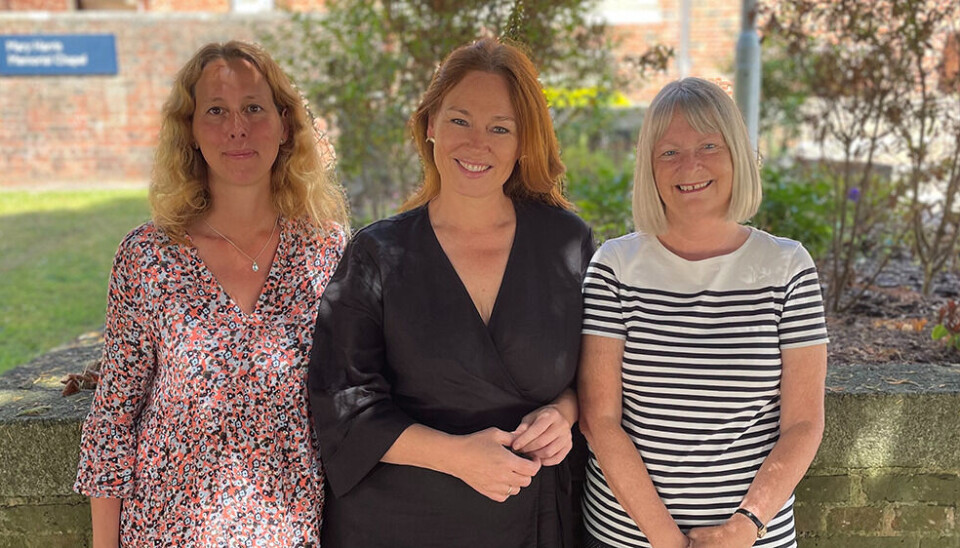THIS ARTICLE/PRESS RELEASE IS PAID FOR AND PRESENTED BY University of Oslo - read more

PODCAST: What's the best way to teach a foreign language?
As of today, we know a good deal about what language teaching actually looks like in the classroom, but we know less about similarities and differences between teaching in language subjects such as English and French, or how languages are taught in different countries.
"Through other languages you learn about other people, the way they think, their customs, and their practices. As a first language English teacher who is intrinsically interested in language per se, I think it is fascinating to see the differences between languages and what you can do in one language that you can’t do in another," Professor Debra Myhill, an English and grammar specialist at the University of Exeter, says.
"French, for example, has one word for stranger, whereas we in England have two; stranger and foreigner. This says something about English attitudes," she continues.
As of today, we know a good deal about what language teaching actually looks like in the classroom, but we know less about similarities and differences between teaching in language subjects such as English and French, or how languages are taught in different countries.
"We know that Norwegians are often seen as very proficient in English, compared to students in other countries, but we know less about why – or what happens in the classroom in other countries. So I think it is really important to compare language teaching and to learn from each other," Professor Lisbeth M. Brevik, an expert in English as a second language, says.
So how could new language research in English and foreign language teaching help students in teacher education better their practice?
Last year, Brevik and her colleagues received funding from The Research Council of Norway for a new research project, 'Languages', a collaboration between Norwegian, French, and English teachers and researchers.
Eva Thue Vold, an expert in French as a foreign language and member of the 'Languages' project, thinks we need more knowledge about language teaching across contexts and languages in order to understand why and how language skills differ between countries.
We start late in Norway
"English is a high status language subject in Norway and so our English skills are quite good compared with many other European countries. But we start late with other foreign languages in Norway, later than the other Scandinavian countries, which might explain why our competence is quite poor when it comes to languages other than English," Thue Vold says.
Research takes time, and while we wait for results from the 'Languages' project, the three professors share their general advice to students in teacher education and language teachers across Europe who are eager to better their practices.

This article/press release is paid for and presented by the University of Oslo
This content is created by the University of Oslo's communication staff, who use this platform to communicate science and share results from research with the public. The University of Oslo is one of more than 80 owners of ScienceNorway.no. Read more here.
See more content from the University of Oslo:
-
Mainland Europe’s largest glacier may be halved by 2100
-
AI makes fake news more credible
-
What do our brains learn from surprises?
-
"A photograph is not automatically either true or false. It's a rhetorical device"
-
Queer opera singers: “I was too feminine, too ‘gay.’ I heard that on opera stages in both Asia and Europe”
-
Putin’s dream of the perfect family





































